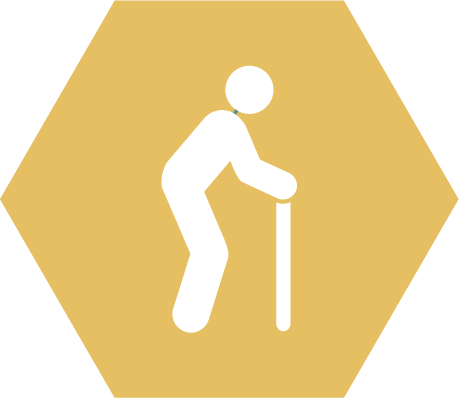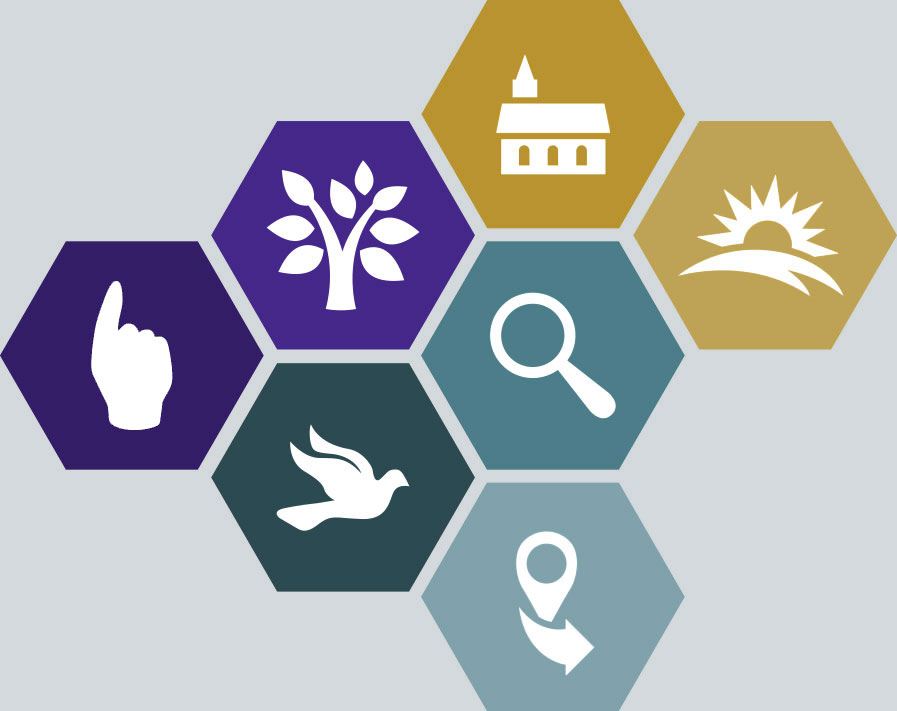Focusing on the Vulnerable
What About Other Types of Vulnerable People?
What about other types of vulnerable people?
In previous articles, we have seen that the best way to help people stuck in poverty because of wrong beliefs is to help restore their God-given identity. However, there are some people who need help, but who aren’t stuck because of wrong beliefs and hopelessness. Two main groups spring to mind: those in relief situations and dependents.

Those in a relief situation
In our fallen world, sudden and unexpected disasters can impact any of us at any time. It could be a personal catastrophe, such as a house burning down, a child hospitalized, or a severe car accident. It could be a natural disaster that affects a large group of people—like an earthquake, hurricane, or flood. Or it could be a man-made famine or war.
These people are not stuck in their situation because of beliefs, but they do need temporary help. As the hands and feet of Christ, we should give generously into these situations. But we also need to remember that when the crisis is over, we need to move quickly into more truth-affirming actions, not to stay in handout mode too long.

Dependents
Another group that needs special consideration is dependents—the very old, the severely disabled, or the very young. Biblically, these people should be cared for by their own family. But what about those who have no family? A six-month-old orphan is completely and appropriately dependent, as is the 86-year-old who has been abandoned by her relatives.
Unlike those in a relief situation, dependents will need long-term help and, therefore, the best people to help are those in the same community. As outsiders, our most appropriate role is to train, equip, and challenge the local church to be involved. As Christians, we are all commanded to care for orphans and widows. Let’s take a closer look at the best ways to do that.
Orphan Care
In nearly every cultural tradition, orphans have been cared by the extended family or—if the child has been rejected by the family for some reason—by someone else in the community. Following this tradition, churches (once trained) do an amazing job of supporting the abandoned orphans in their community. Young children are adopted by families and treated in the same way as their own children. Child-headed households are looked after and provided for. Our organization has seen communities work together to plant and harvest a plot of land so the children have an income. We see churches give the children chickens and other small livestock and teach them how to care for them, while teachers or other adults help the children with school work. In highly-relational and interconnected societies, orphans are naturally integrated into the life of the community.
So what is the role of foreign funding?
One key way foreign funding can help is by providing training for churches. Another way is to fund a daycare or another form childcare for children that are not yet school aged. While families may be willing to help, the time needed to look after a very young child can be overwhelming. Providing for half-day care relieves some of that burden. Also consider how you can help families who are fostering or adopting to increase their long-term income (thereby lessening the burden of taking in a child). A loan to buy a cow or sewing machine, or even a vocation training program, might be very welcome.
The elderly
To be clear, only the abandoned elderly fall into the category of dependents who need our help.
Many programs provide handouts and services to elderly people with families who, according to the Bible, are required to care for them (1 Timothy 6:10). If the family is struggling to provide, we need to look at ways to increase their income rather than taking over and offering handouts to one or two members.
Additionally many of the elderly have the capacity, with the right help, to be involved in their own care. They can do something like raise a plant nursery—growing seedlings from seeds. They simply need help in getting started and in selling those seedlings. By looking for ways for elderly people to provide for themselves (at least in part), we honor their identity as image-bearers of God and help to restore their dignity.
For elderly people without family, we should look for ways to train and support the local church to care for them. In a number of countries, church members have come together to build and repair houses for the elderly. They have planted gardens and provided needed tools. And in cases where the elderly have become unable to provide for themselves, volunteers have maintained those gardens to provide food for those who have no family.Partnering with local churches is, truly, the best way to care for orphans, elders, and those facing a calamity. In the process, we can see families, churches, and communities strengthened as they fulfill their calling to help build God’s Kingdom. We take a deeper look at how to help churches and communities meet needs like this in the booklet Mobilizing Local Resources.



